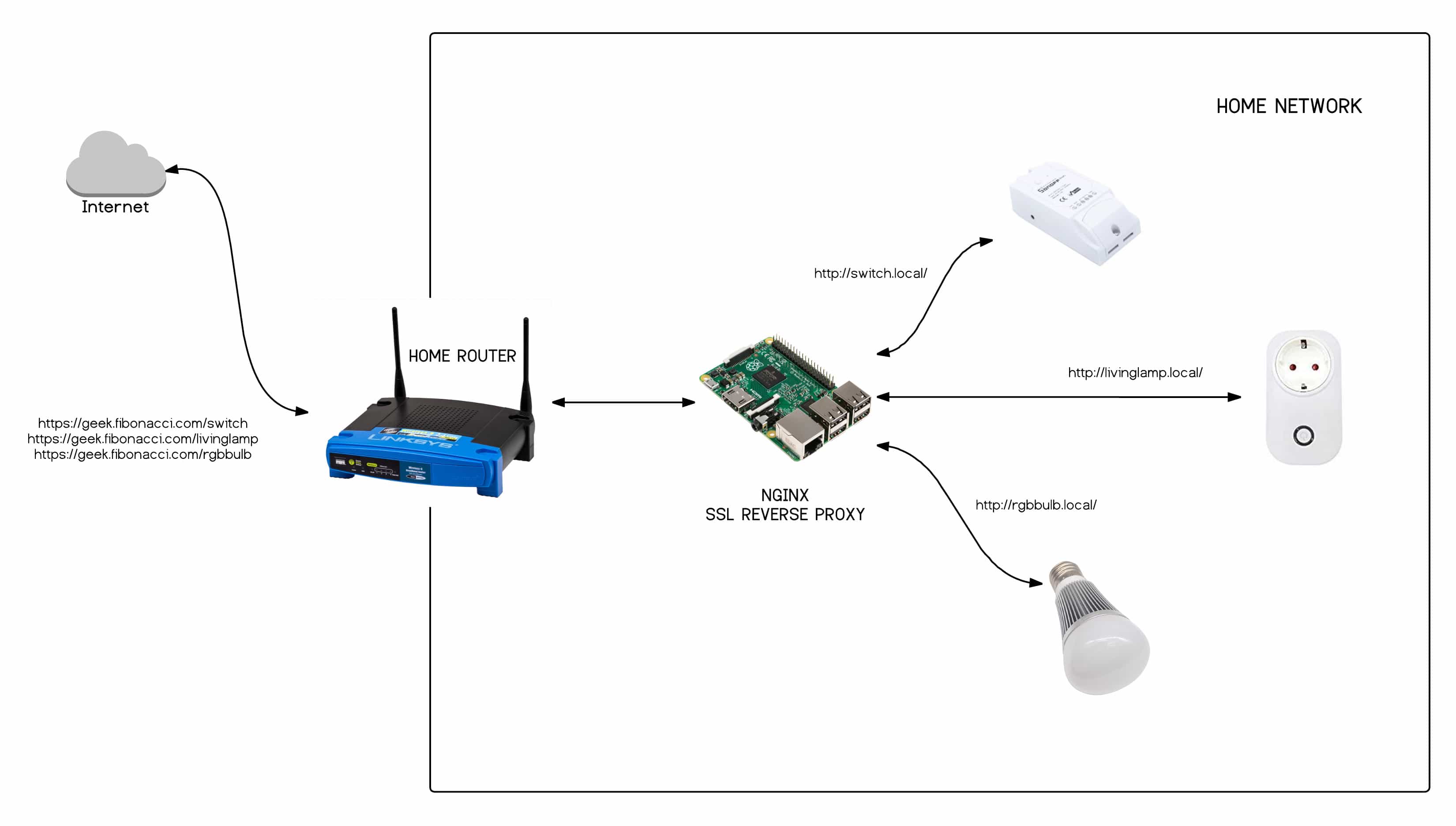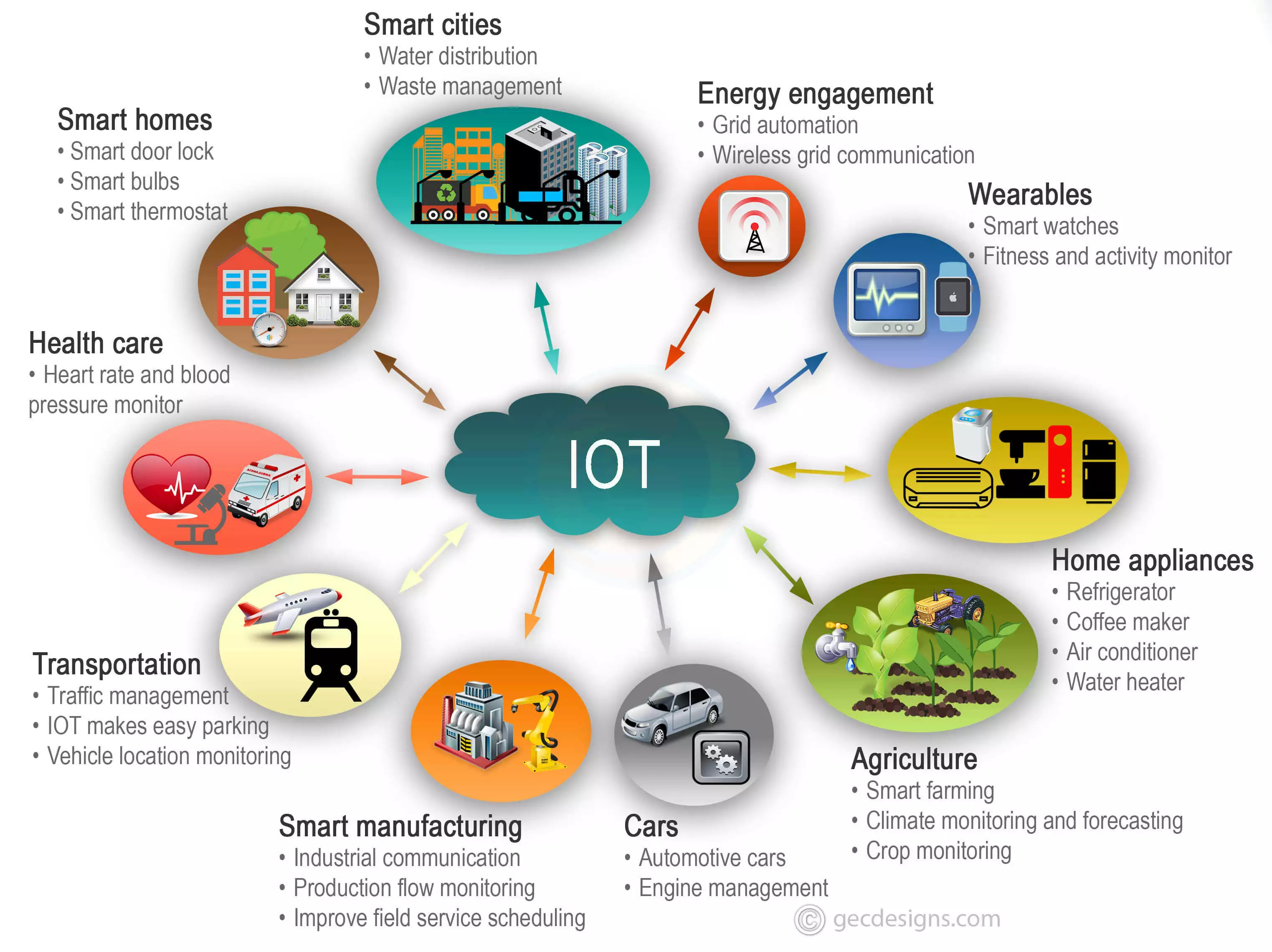Best SSH Remote IoT Device: Unlocking The Power Of Secure Connections
Hey there tech enthusiasts! If you're diving deep into the world of IoT and remote connectivity, you've probably stumbled upon the term "SSH remote IoT device." But what exactly does it mean, and why should you care? Well, let me tell ya, in today's interconnected world, having a reliable and secure way to manage your IoT devices remotely is kinda like having a superpower. And guess what? SSH is the cape-wearing hero in this story. So, buckle up and let's explore the best SSH remote IoT devices that'll keep your gadgets running smoothly, even when you're miles away.
Nowadays, IoT devices are everywhere—from smart homes to industrial automation. But managing them remotely can be a real pain if you don't have the right tools. That's where SSH comes in. Secure Shell (SSH) is like the ultimate bodyguard for your data, ensuring that everything stays safe and secure while you're controlling your devices from afar. Whether you're a tech guru or just starting out, understanding SSH remote IoT devices is a game-changer.
Before we dive deeper, let's address the elephant in the room—why should you care about the best SSH remote IoT device? Simple. Because it gives you peace of mind knowing that your devices are protected, your data is encrypted, and you can manage everything with just a few clicks. So, whether you're tinkering with Raspberry Pi or setting up a smart thermostat, having the right SSH setup is crucial. Let's get into it!
What is an SSH Remote IoT Device?
Alright, let's break it down. An SSH remote IoT device is basically any internet-connected gadget that you can control or monitor from afar using the Secure Shell protocol. Think of SSH as a secure tunnel that lets you access your device's terminal or command line interface without worrying about hackers or data breaches. It's like having a secret handshake with your device, ensuring that only you can access it.
SSH is widely used in the tech world because it offers encryption for data transfer, authentication for users, and secure file transfers. For IoT devices, this means you can update firmware, check logs, or even reboot your device without being physically present. And let's be honest, who has time to run around fixing every little issue when you can do it from your couch?
Why Use SSH for IoT Devices?
Here's the deal—IoT devices are awesome, but they're also vulnerable to cyber threats. Without proper security measures, your smart fridge could end up being part of a botnet or your security camera might get hacked. SSH helps prevent all that by providing a secure way to connect to your devices. Here are a few reasons why SSH is the go-to choice for IoT:
- Bollyflix Movies Your Ultimate Guide To Bollywoods Streaming Sensation
- Vagamovies Your Ultimate Destination For Movie Streaming
- Encryption: All data transferred between you and your device is encrypted, making it super hard for anyone to intercept.
- Authentication: SSH uses keys or passwords to ensure that only authorized users can access the device.
- Remote Management: You can manage your IoT devices from anywhere in the world, as long as you have an internet connection.
- Reliability: SSH is a tried-and-true protocol that has been around for decades, so you know it works.
Top 10 Best SSH Remote IoT Devices
Now that we know what SSH remote IoT devices are and why they're important, let's talk about the best ones on the market. Whether you're looking for something affordable or need enterprise-level features, there's something for everyone. Here's a list of the top 10 best SSH remote IoT devices:
1. Raspberry Pi
Ah, the Raspberry Pi. This tiny yet powerful single-board computer is a favorite among hobbyists and professionals alike. It's super easy to set up SSH on a Raspberry Pi, and with its low cost, it's perfect for beginners. Plus, there's a huge community of Pi enthusiasts who can help you with any issues you might encounter. Oh, and did I mention it's super versatile? You can use it for anything from home automation to weather stations.
2. ESP32
The ESP32 is another popular choice for IoT enthusiasts. This little chip packs a punch with its dual-core processor and built-in Wi-Fi and Bluetooth capabilities. Setting up SSH on an ESP32 is a bit more advanced, but the rewards are worth it. Plus, it's super affordable, making it a great option for budget-conscious users.
3. BeagleBone Black
If you're looking for something a bit more powerful than a Raspberry Pi, the BeagleBone Black might be your jam. It's got more processing power and a bunch of GPIO pins, making it perfect for more complex projects. SSH setup is pretty straightforward, and the device is rugged enough to handle harsh environments.
4. Arduino MKR WiFi 1010
The Arduino MKR WiFi 1010 is a great option if you're already familiar with Arduino boards. It's got built-in Wi-Fi and crypto features, making it a secure choice for IoT projects. While it might not be as powerful as some of the other options on this list, it's super easy to use and perfect for beginners.
5. Intel NUC
For those who need a bit more power, the Intel NUC is a great option. It's basically a mini PC that you can use as an IoT gateway. With its robust processing power and easy SSH setup, it's perfect for managing multiple IoT devices. Plus, it's got a sleek design that'll look great on your desk.
6. Particle Argon
The Particle Argon is another great option for IoT projects. It's got cellular and Wi-Fi capabilities, making it perfect for projects that need to be connected to the internet no matter where they are. SSH setup is a breeze, and the device is super reliable.
How to Choose the Best SSH Remote IoT Device
Picking the right SSH remote IoT device can be a bit overwhelming, especially with so many options on the market. Here are a few things to consider when making your decision:
- Purpose: What do you plan to use the device for? If it's just for a small project, something like an ESP32 might be perfect. But if you're managing a whole network of devices, you might need something more powerful like an Intel NUC.
- Cost: Budget is always a factor. If you're just starting out, you might want to go with something affordable like a Raspberry Pi. But if you're running a business, investing in a more expensive device might be worth it in the long run.
- Security Features: Make sure the device you choose has robust security features, including SSH support. After all, you don't want your IoT devices to become a hacker's playground.
- Community Support: A device with a strong community backing is always a good choice. It means you'll have access to tons of tutorials, forums, and support when you run into issues.
Setting Up SSH on Your IoT Device
Setting up SSH on your IoT device is actually pretty straightforward. Here's a quick guide to get you started:
- Enable SSH: Most devices come with SSH disabled by default for security reasons. You'll need to enable it either through the device's settings or by editing a config file.
- Generate Keys: To make things more secure, you can generate SSH keys instead of using passwords. This way, even if someone guesses your password, they won't be able to access your device.
- Connect: Once SSH is enabled and your keys are set up, you can connect to your device using an SSH client like PuTTY or Terminal.
Data and Statistics
According to a recent report by Gartner, the number of IoT devices is expected to reach 25 billion by 2030. That's a lot of devices that need to be managed and secured! And with cyberattacks on the rise, having a secure way to connect to your IoT devices is more important than ever. In fact, a survey by Cybersecurity Ventures found that cybercrime is expected to cost the world $10.5 trillion annually by 2025. Yikes!
Why Security Matters
Let's face it—security is not something you can afford to ignore. With so many devices connected to the internet, the risk of cyberattacks is higher than ever. That's why using SSH to secure your IoT devices is so important. Not only does it protect your data, but it also ensures that your devices are running smoothly and efficiently.
Conclusion
Alright, that's a wrap! We've covered what SSH remote IoT devices are, why they're important, and some of the best options on the market. Whether you're a tech guru or just starting out, having the right SSH setup is crucial for managing your IoT devices securely and efficiently. So, go ahead and pick the device that suits your needs, set up SSH, and start exploring the world of remote IoT management.
Oh, and don't forget to leave a comment or share this article if you found it helpful. And if you're looking for more tech tips and tricks, be sure to check out our other articles. Happy tinkering!
Table of Contents
- What is an SSH Remote IoT Device?
- Why Use SSH for IoT Devices?
- Top 10 Best SSH Remote IoT Devices
- How to Choose the Best SSH Remote IoT Device
- Setting Up SSH on Your IoT Device
- Data and Statistics
- Why Security Matters
- Conclusion
- Hdmovieshubvideo Your Ultimate Destination For Premium Movie Streaming
- Wasmo Somali Channel Owner The Untold Story Of A Digital Mogul

Secure Remote Access Best SSH Solutions For IoT Devices

Secure Remote Access Best SSH Solutions For IoT Devices

Best Remote Access IoT Device SSH Free A Comprehensive Guide